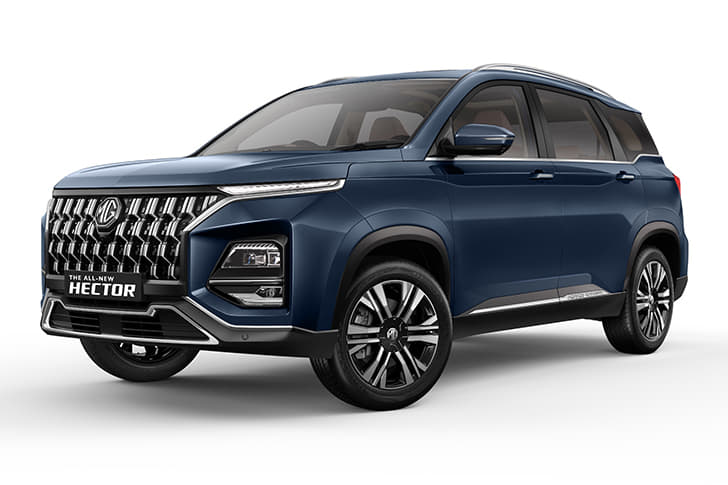The Land Rover Defender is slated to serve as the test bed for JLR’s fuel-cell powertrain technology and the company is expected to start testing a hydrogen-powered Defender prototype later this year.
- JLR to begin testing its fuel-cell tech with the Defender later in 2021
- Defender plug-in hybrid slated to be launched in India in the coming months
FCEV Land Rover Defender: What is it?
Jaguar Land Rover’s Project Zeus programme, which is aimed at studying the feasibility of hydrogen fuel-cells, forms part of its plan to achieve zero tailpipe emissions by 2036 and is a core part of the Reimagine strategy unveiled by CEO Thierry Bolloré earlier this year.
Fuel cell electric vehicles (FCEVs) will be “complementary to battery- electric vehicles” in the company’s new-era product line-up. Key benefits over battery-electric vehicles, as outlined by Jaguar Land Rover, include rapid refueling and optimal range in low temperatures.
Project Zeus will use an adapted FCEV Defender to test these attributes in a real-world setting, as well as other characteristics, such as off-road ability. Part-funded by the UK government-backed Advanced Propulsion Centre, Project Zeus is being run in partnership with engineering firms such as Delta Motorsport, AVL and Marelli Automotive Systems.
Land Rover’s plans for Defender in India
Since its launch in India last year, the Defender line-up has been expanded. The SUV is now available in our market with three engine options – a 2.0-litre petrol (P300), a 3.0-litre petrol (P400) and a 3.0-litre diesel (D300). Land Rover India has even opened bookings for the plug-in hybrid Defender (P400e) which gets a 2.0-litre petrol engine mated to an electric motor.
With testing of the hydrogen-powered Defender only set to begin later this year, the technology is still a few years away from being commercially ready for global markets. Speaking of India, the country has been lagging behind other major automotive markets in the adoption of FCEVs. For instance, there is no fuel-cell passenger vehicle currently on sale here, and until recently, the country’s hydrogen distribution network was limited to a single facility in Faridabad.









































